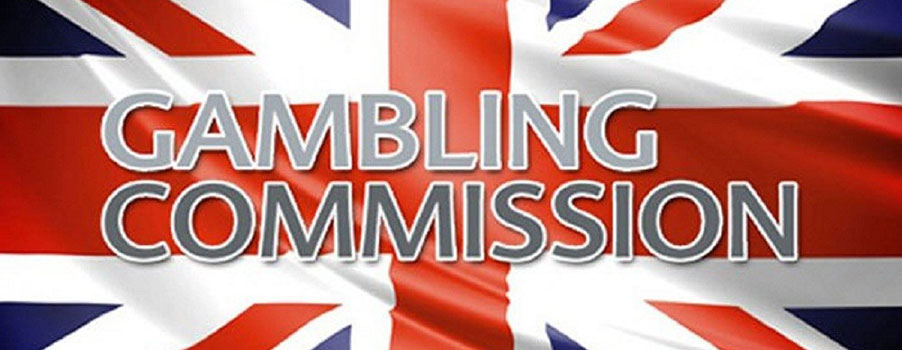The UK Gambling Commission has laid out plans to better protect children and young people from the risks of being exposed to online gambling. There is already some work underway in this area, but the commission hopes to build on the existing regulations and measures so as to ensure they are as effective as possible.
The commission employed advice from expert advisers with regards to the critical themes of children, young people, and gambling. It further brought together all the existing work in this area while acting on advice from the Responsible Gambling Strategy Board (RGSB) and this resulted in a strengthened focus on the implementation of the right protections in order to effectively reduce the risk of harm to children and young people.
In addition to this, the gambling regulator has asked all parties that are responsible for safeguarding children to corporate with them as they try to address some of the critical issues that were identified by the RGSB. This will help in laying out feasible action plans for preventive education and treatment, handling digital and online risks, evidence collection and consumer engagement as well as preventing access and exposure to gambling services.
“We have a strong commitment to protecting children and young people from the harm gambling can pose – it’s at the heart of how we regulate. We asked our expert advisers, the Responsible Gambling Strategy Board, to consider this critical theme. The advice helps us to refocus and reinforce what we are doing already, and what we need to do next. For example, this year we will be carrying out targeted compliance and enforcement activity to identify and tackle any weaknesses in the age verification processes,” Tim Miller, the executive director of the UK Gambling Commission said.
“Safeguarding children in a digital age is complex, and what both RGSB and our research has highlighted is that it takes a multi-faceted approach by us, government, educators, gambling firms and parents. It will take firm ongoing commitments from the Commission as gambling regulator, but also from all of those with a part to play,” he added.
Worrying Statistics
The Responsible Gambling Strategy Board (RGSB) recently conducted a study that revealed that 31,000 children are classable as problem gamblers and 45,000 more are at a risk of becoming the same. The study also found that 91 percent of the 11-15 years old children who had recently gambled had seen gambling adverts on social media platforms or on TV – 2 percent of these children said that the adverts had either increased their gambling rates or prompted them to try it out.
“Ideally, children and young people should not be exposed to marketing and advertising for gambling at all, let alone in the quantities now prevalent,” the report stated. “The potential longer-term effects of what has been a relatively recent phenomenon are unknown. There is good reason to think they might be harmful.”

